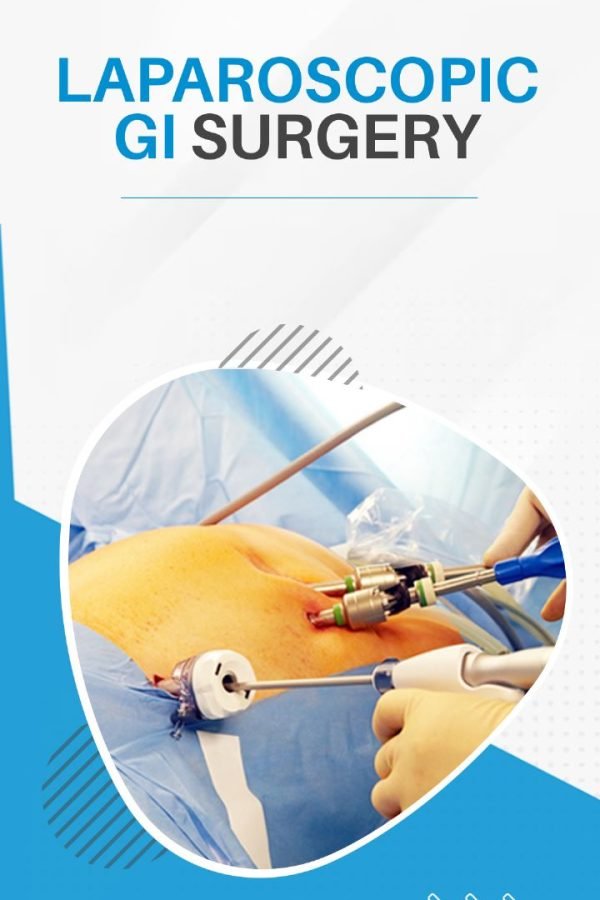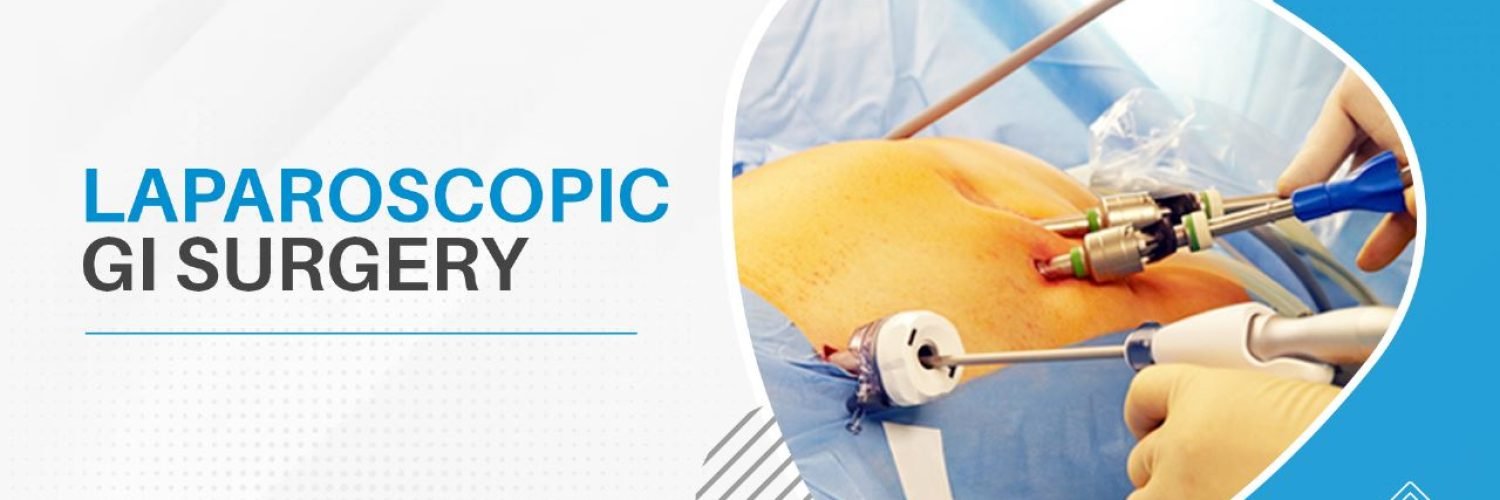- Abdominal Hernia Surgery in Dombivli
- Anal Fissure Laser Surgery in Dombivli
- Appendix Treatment in Dombivli
- Bariatric Surgery in Dombivli
- Best Laparoscopic Surgeon in Dombivli
- Blogs
- Cases Operated
- Contact us
- Custom
- Dr Rahul Mahadar
- Dr. Dhanashree Mahadar
- Endoscopy Clinic in Dombivli
- Ent Surgeon in Dombivli
- Gall Bladder Cancer Surgery in Dombivli
- Gallbladder Stone Treatment in Dombivli
- Gastrointestinal Surgeon in Dombivli
- Hernia Surgeon in Dombivli
- Home
- Laser Fistula Surgery in Dombivli
- Laser Piles Surgeon in Dombivli
- Pancreatic Cancer Treatment in Dombivli
- Services
- Specialities
- Testimonials
- Video


Laparoscopic surgery is also known as Minimally Invasive surgery. Though many Gastrointestinal (GI) disorders can be treated successfully with lifestyle changes or medications, some diseases require Laparoscopic surgery. Laparoscopic GI surgery is a highly advanced and effective than traditional open surgery. It is a minimally invasive surgical procedure commonly used to treat various diseases of the gastrointestinal tract. Laparoscopic GI surgery involves only smaller incisions instead of big tissue cut hence today most of the GI surgeons perform Laparoscopic surgery to treat complicated gastrointestinal tract diseases.
- Crohn’s disease
- Colorectal cancer
- Diverticulitis
- Familial polyposis
- Bowel incontinence
- Rectal prolapse
- Ulcerative colitis
- Colon polyps
- Chronic severe constipation
- Laparoscopic Adrenalectomy- Laparoscopic Adrenalectomy procedure is used to remove growths in adrenal glands. The Adrenal Glands are located on the top of kidneys and make essential hormones that are needed for proper body functioning.
- Laparoscopic Appendectomy – This procedure is used to remove an infected appendix from the body.
- Laparoscopic Bariatric Surgery- This is the most effective and popular weight loss surgery and makes stomach smaller.
- Laparoscopic Cholecystectomy- Laparoscopic Cholecystectomy is the surgical removal of the gallbladder. This procedure is performed to remove the gallbladder due to gallstones causing pain or infection.
- Laparoscopic Colorectal Surgery- This type of surgery treats conditions of the large intestine (including colon, rectum and anus).
- Laparoscopic Colectomy- Laparoscopic Colectomy is a surgical procedure used to remove all or part of colon. Types include Total Colectomy, Partial Colectomy, Hemicolectomy and Proctocolectomy.
- Laparoscopic Rectopexy- Laparoscopic Rectopexy is used to repair a rectal prolapse. In this surgery, the rectum is restored to its normal position in the pelvis.
- Laparoscopic Esophagectomy – Laparoscopic Esophagectomy involves the removal of some or most of the esophagus. This is mainly performed to treat esophageal cancer.
- Laparoscopic Hiatal Hernia Repair- Laparoscopic Hiatal Hernia Repair surgery can fix hiatal hernias and paraesophageal hernias.
- Laparoscopic Nissen Fundoplication- This surgery is used to treat patients who are suffering from severe Gastroesophageal Reflux Disease (GERD). It strengthens the muscle that contracts to keep stomach acid away from the esophagus.
- Laparoscopic Nephrectomy- Laparoscopic Nephrectomy surgery is performed to remove cancerous kidney.
- Laparoscopic Pancreatic Surgery- This surgery is used to treat different pancreatic conditions.
- Laparoscopic Pancreaticoduodenectomy- Laparoscopic Pancreaticoduodenectomy is also known as the Whipple procedure and it is the most common operation to treat pancreatic cancer.
- Laparoscopic Splenectomy- Laparoscopic Splenectomy procedure involves removing the spleen.
- For laparoscopic surgery, three or more smaller incisions are made in the abdomen.
- The laparoscope and surgical instruments are inserted through these ports.
- The surgeon then uses the laparoscope which transmits a picture of the abdominal organs on a video monitor allowing surgeon to perform laparoscopic surgery.
Laparoscopic GI surgery is more beneficial for patients than traditional open GI surgery. Major benefits of Laparoscopic GI surgery are:
- Faster Recovery
- Fewer chances of infection
- Less blood loss
- No big tissue cutting
- Shorter hospital stay
- Smaller scars after surgery

